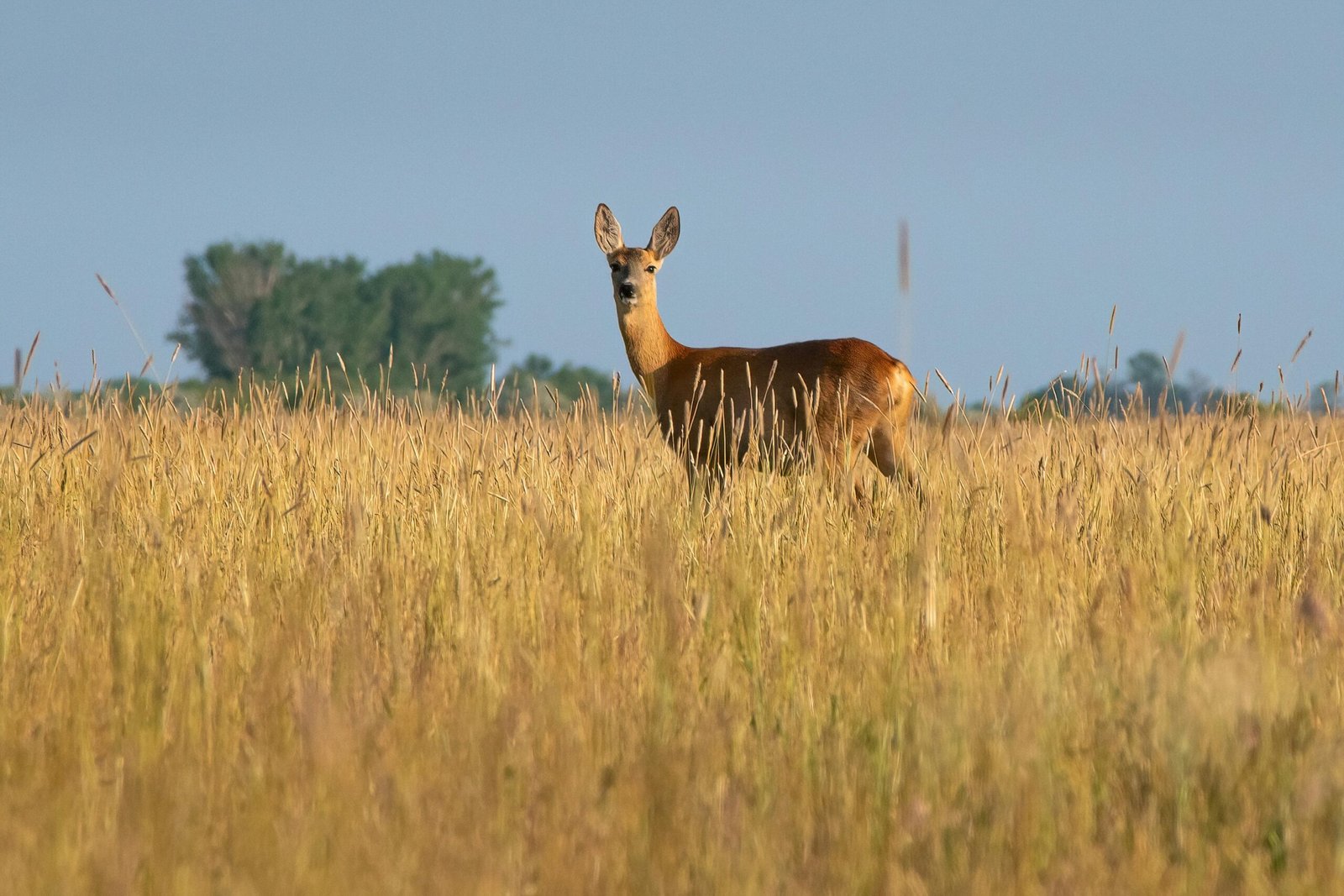
Eco‑friendly Safari Stays: Sustainable Lodges & Camps in Tanzania
Tanzania is a dream destination for wildlife lovers, offering a front-row seat to the Great Migration, Big Five sightings, and breathtaking landscapes. But as tourism grows, so does the need for responsible travel. Enter eco-friendly safari lodges and camps — accommodations that allow you to explore the wild without harming it.
From solar-powered tents in the Serengeti to community-driven conservation projects in Ngorongoro, Tanzania offers a range of sustainable stays that blend comfort, authenticity, and environmental responsibility. In this blog, we explore what makes a lodge eco-friendly and highlight some of the top sustainable safari stays in Tanzania.
What Makes a Safari Lodge Eco-Friendly?
Before diving into specific camps, it’s important to understand what “eco-friendly” truly means in the context of African safaris. A sustainable lodge in Tanzania typically adopts the following practices:
- Low-impact infrastructure: Use of natural, local, and biodegradable materials for construction.
- Renewable energy sources: Solar power for lighting, heating, and even charging electronics.
- Waste management systems: Composting toilets, greywater recycling, and plastic reduction programs.
- Community engagement: Local employment, fair wages, and support for village-based tourism initiatives.
- Wildlife protection: Eco-lodges are often involved in conservation efforts and responsible game viewing.
Now let’s explore some of Tanzania’s most renowned and truly sustainable lodges and camps.
1. Sayari Camp – Serengeti National Park
Located in the northern reaches of the Serengeti, Sayari Camp by Asilia Africa is a benchmark in eco-luxury. The camp is entirely solar-powered and uses state-of-the-art water filtration systems to minimize plastic waste. Their partnership with local communities supports education and health initiatives, while their safaris follow strict wildlife-friendly protocols.
Despite being eco-conscious, Sayari offers refined luxury — think soaking tubs with savannah views and a curated menu made with locally sourced ingredients.
2. Chumbe Island Coral Park – Zanzibar Coast
While not technically a safari lodge, Chumbe Island Coral Park deserves mention for its unmatched marine eco-credentials. Located off the coast of Zanzibar, this eco-lodge is a model of conservation. The park protects one of East Africa’s most pristine coral reefs and its ecolodges run entirely on solar energy and rainwater.
The eco-bungalows are designed with minimal environmental impact and offer unique views of the forest and sea. The lodge also runs marine education programs for local students, reinforcing its sustainability mission.
3. Gibb’s Farm – Ngorongoro Highlands
A former coffee plantation turned eco-retreat, Gibb’s Farm sits on the forested slopes of the Ngorongoro Conservation Area. With organic gardens, rainwater harvesting systems, and solar energy, the farm supports a self-sufficient lifestyle.
Guests enjoy farm-to-table dining, traditional healing spa treatments, and can participate in cultural exchanges with the local Iraqw community. The farm also supports local schools and environmental education programs.
4. Nomad Tanzania’s Lamai Serengeti
This lodge, perched on a kopje in the northern Serengeti, is a pioneer in minimal-impact tourism. Constructed with natural materials and cleverly integrated into the landscape, Lamai Serengeti blends seamlessly into its environment.
Nomad Tanzania ensures that the majority of its staff are local, and they run the Nomad Trust to support conservation, education, and health initiatives in nearby villages. Their low-volume tourism model reduces pressure on local wildlife and ecosystems.
5. Kuro Tarangire – Tarangire National Park
Operated by Nomad Tanzania as well, Kuro Tarangire offers a rustic yet elegant experience amidst the baobabs and elephant herds of Tarangire. The camp uses solar power, bucket showers, and eco-flush toilets. Its temporary structure means it leaves almost no footprint when removed in the off-season.
What sets it apart is its immersive safari experience, led by expert guides who follow responsible wildlife viewing practices and foster respect for the land and its people.
6. Serian’s Serengeti North – Seasonal Mobile Camp
For the adventurous eco-traveler, Serian’s Serengeti North offers an intimate experience that’s also remarkably sustainable. As a seasonal mobile camp, it follows the movements of the Great Migration while minimizing its impact by operating only during peak migration months.
The camp uses solar energy, biodegradable soaps, and compost toilets. Their guiding team includes members of the local community and supports various anti-poaching and conservation programs.
Why Choose Eco-Friendly Stays?
Opting for a sustainable lodge or camp doesn’t mean compromising on comfort. In fact, many of these accommodations redefine luxury — with wide open views, organic cuisine, and an intimacy with nature that concrete hotels can never match.
Moreover, your stay directly supports:
- Wildlife conservation: Many lodges contribute a portion of their profits to national park protection or anti-poaching units.
- Local economies: Eco-lodges often employ and train local staff, helping communities benefit from tourism.
- Cultural preservation: Programs involving traditional dance, food, or storytelling help preserve local heritage while educating visitors.
Tips for a Responsible Safari in Tanzania
- Choose certified operators: Look for lodges accredited by organizations like Eco Tourism Kenya, Fair Trade Tourism, or the Global Sustainable Tourism Council.
- Pack light, pack right: Bring eco-friendly toiletries, reusable water bottles, and solar chargers.
- Respect the environment: Stay on designated paths, never feed or touch wildlife, and reduce waste.
- Engage locally: Learn a few Swahili phrases, shop local handicrafts, and respect cultural norms.
Final Thoughts
Tanzania is a jewel of African biodiversity, and its preservation depends on the choices we make as travelers. By choosing eco-friendly safari stays, you’re not only ensuring a memorable journey but also contributing to the long-term protection of the country’s natural and cultural treasures.
Sustainable travel is not a trend — it’s a responsibility. So, when planning your next safari adventure in Tanzania, choose a lodge or camp that treads lightly, supports local communities, and honors the wildlife that makes this country so magical.




